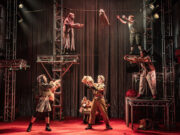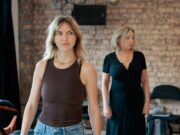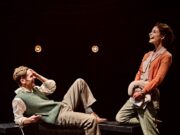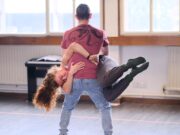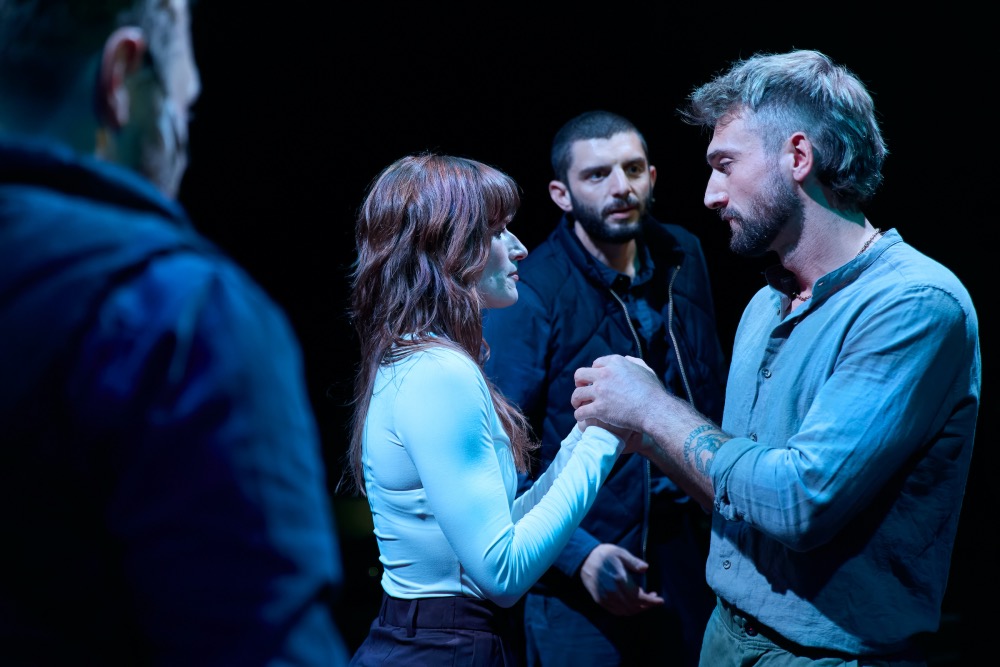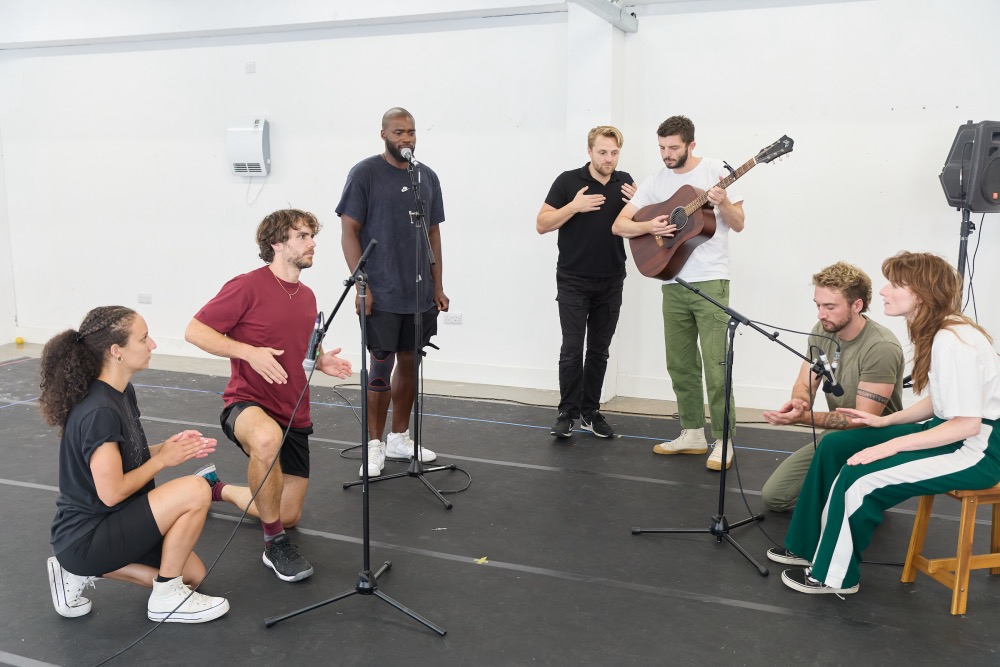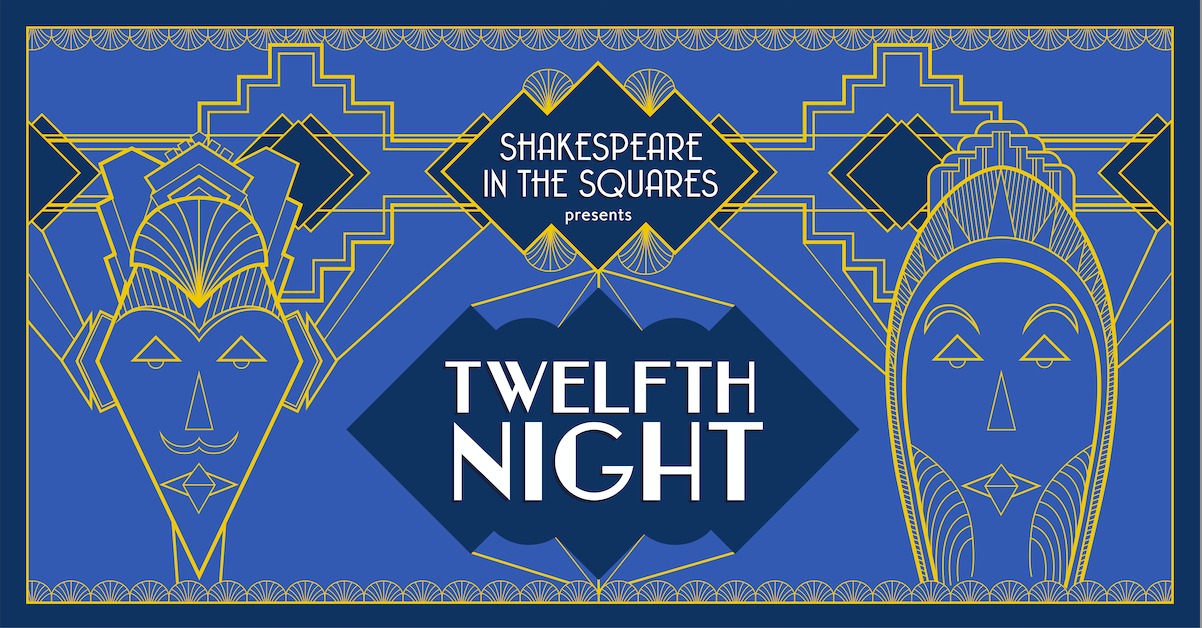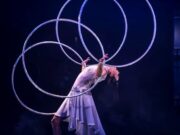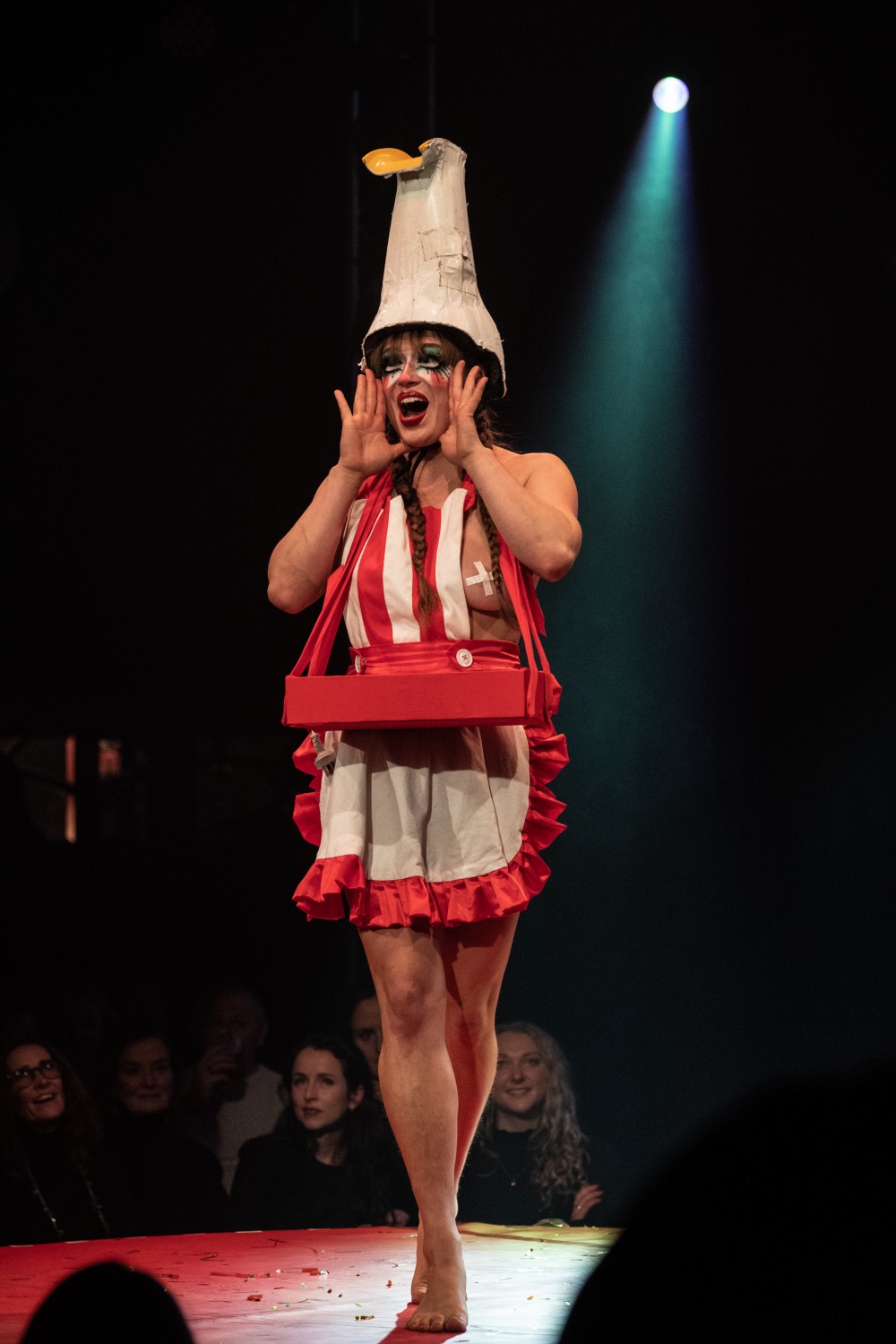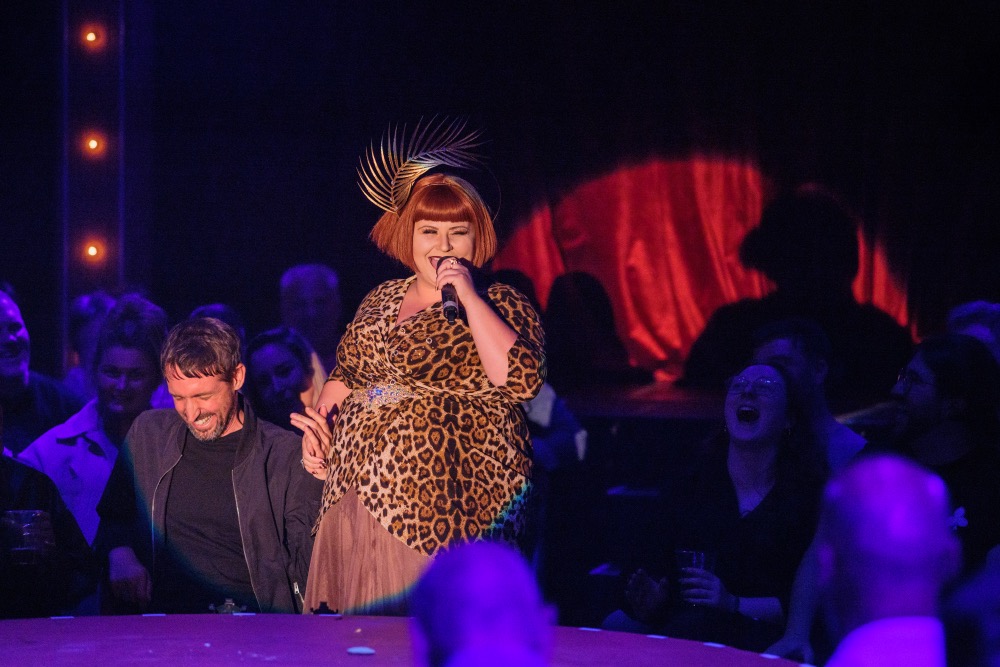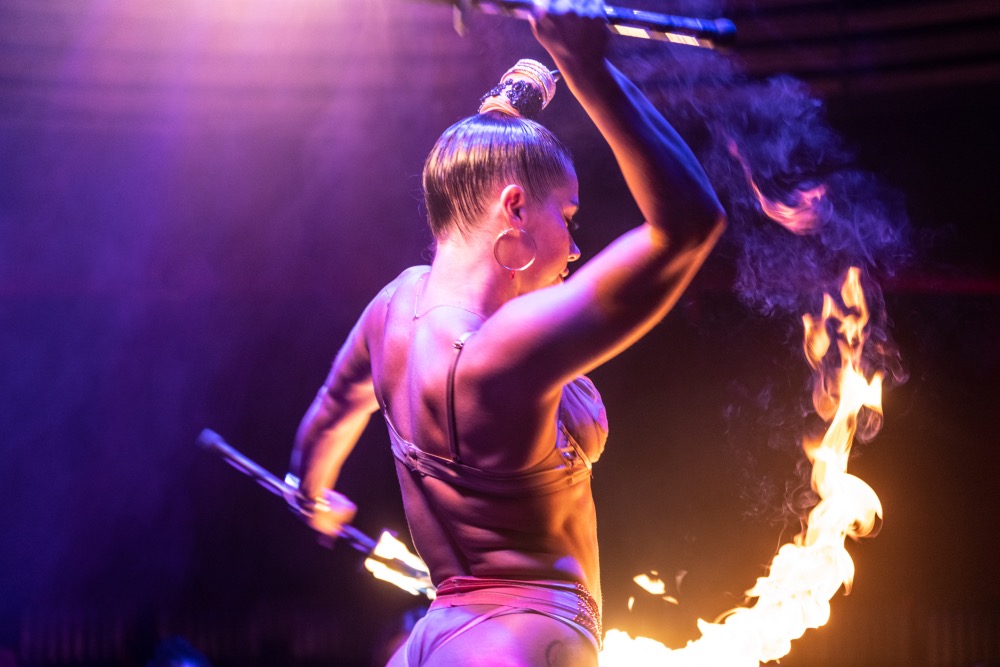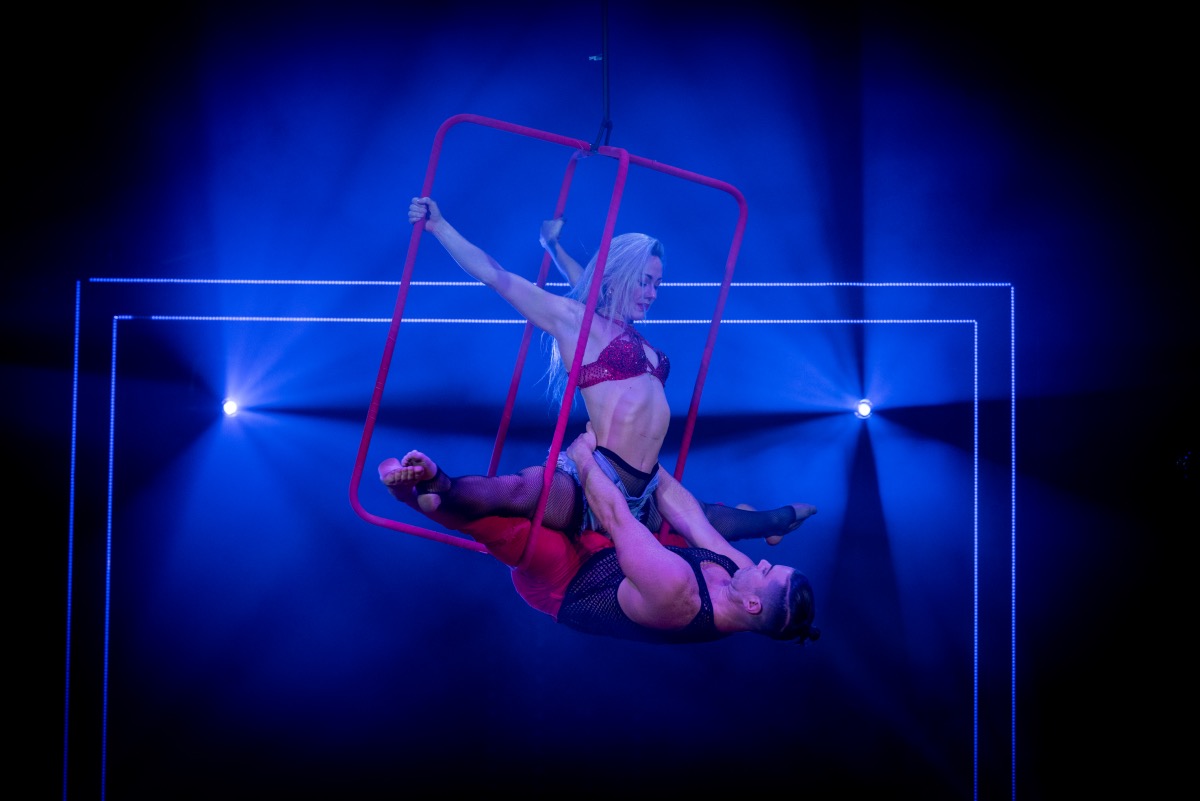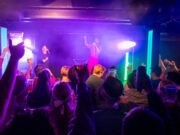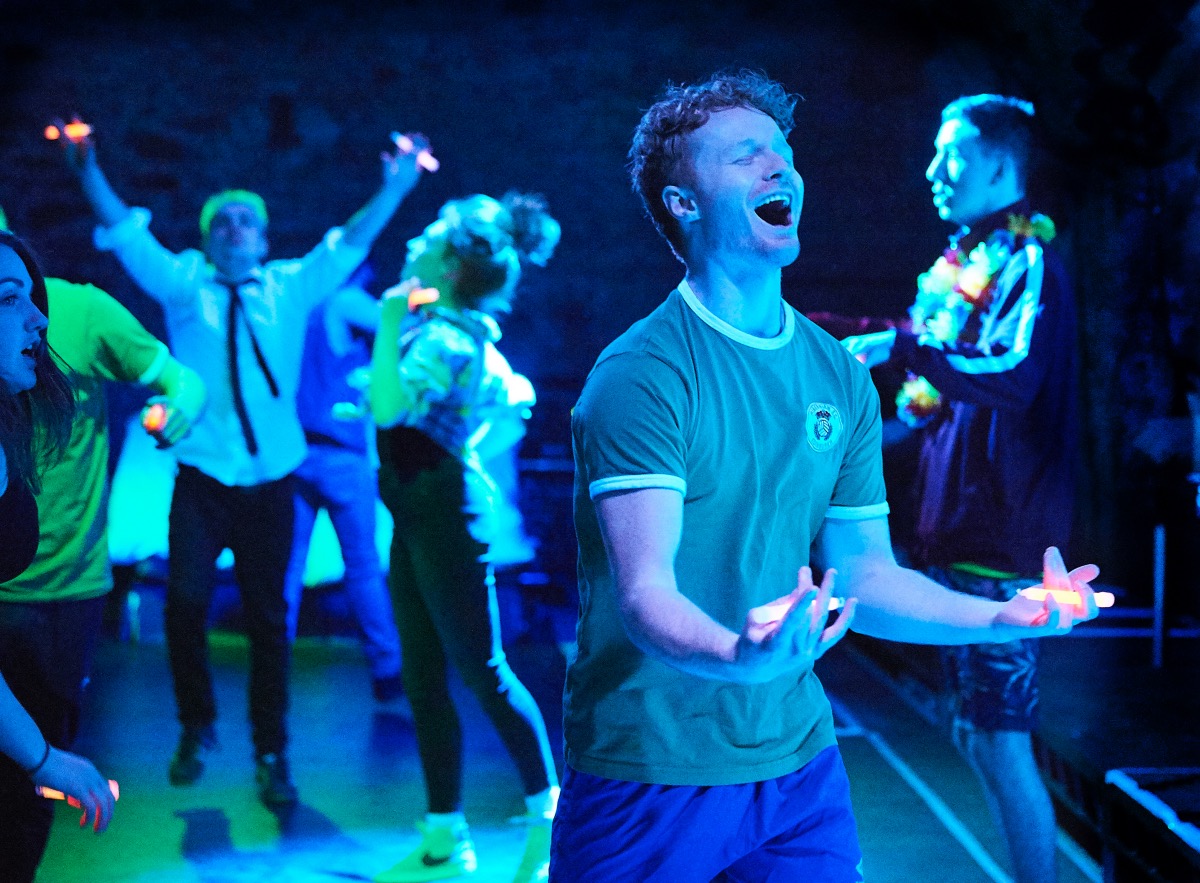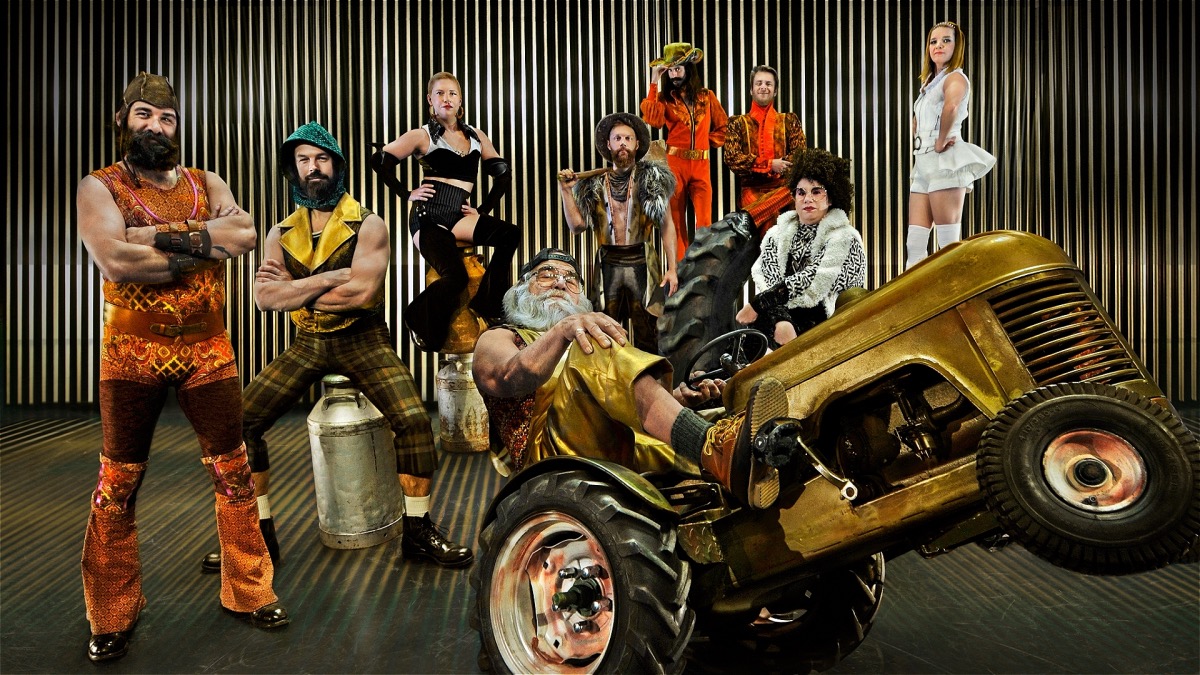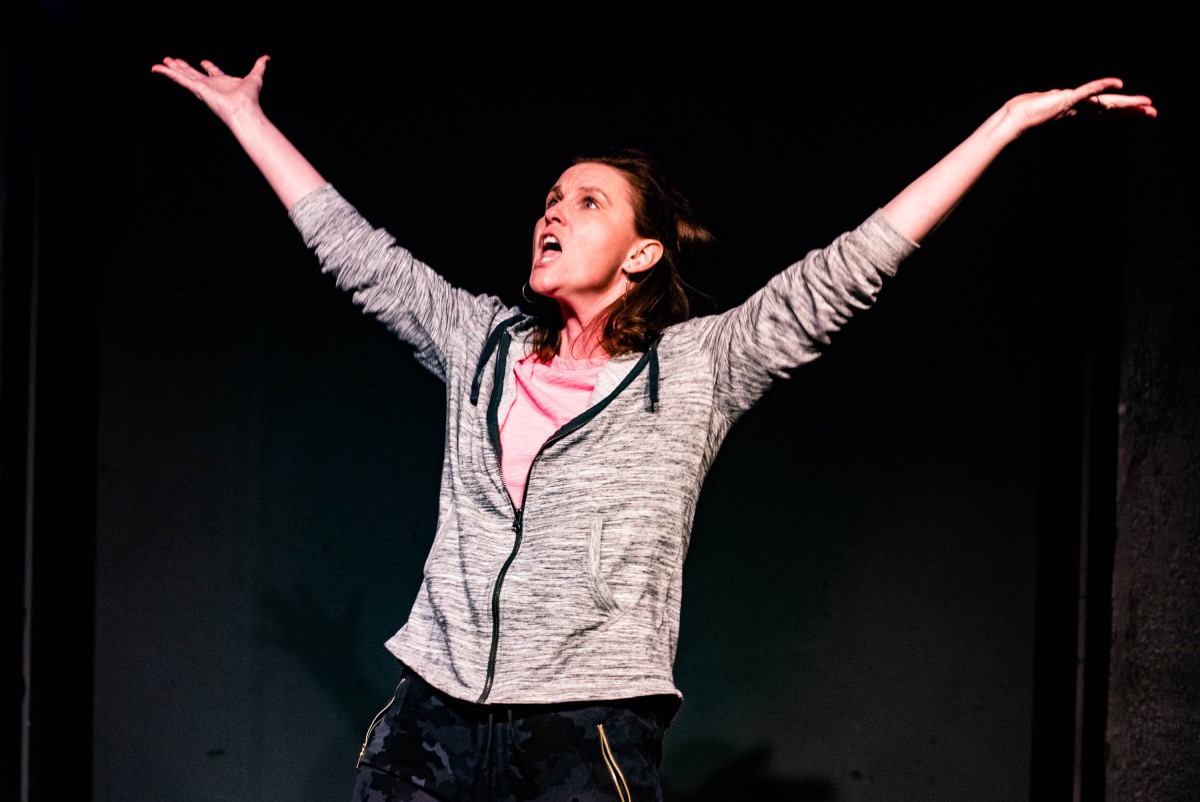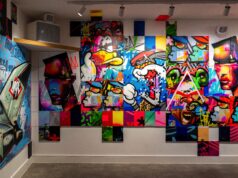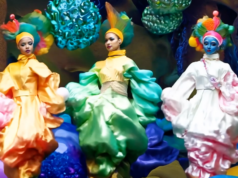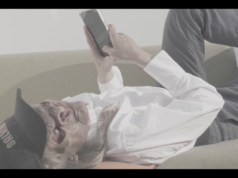Dublin’s Culture Connect: EU Lab funding success will see Dublin City Council join with five EU partners to develop Visual Thinking Strategies.
Dublin will be one of six cities across Europe to pioneer the use of Visual Thinking Strategies (VTS) in schools in an innovative project aimed at developing an EU-wide curriculum for the learning method.
Operating in the US since 1995 and in 18 other countries in the interim, VTS transforms the way students think and learn by developing their critical thinking and communication skills through discussing what they see through looking at art.
The ‘Permission to Wonder’ project is the first European-focused VTS and through it, a certified European training pathway for educators in VTS across the EU will be developed.
Following a ‘train the trainers’ model, the EU-funded project will instruct educators from Dublin, the Netherlands, Finland, Denmark, Spain and Slovenia in VTS methodology. Once trained, they will educate others in the method.
The Irish element of the project is being led by Dublin City Council’s Arts Office and LAB Gallery, who will partner with the National Council for Curriculum and Assessment (NCCA) and Dublin City Gallery The Hugh Lane.
Five schools across Dublin will work with four specially trained educators to develop their visual thinking skills. These will then be applied through visits to city art galleries to discuss various art works. Four schools in the north east inner city are already practicing VTS, in conjunction with the LAB and The Hugh Lane – The Central Model Senior School and Larkin Community College, Dublin 1 and St Vincent’s Boys Junior School and St Mary’s, Fairview in Dublin 3.
Liz Coman, Assistant arts officer for Dublin City Council, had this to say:
“We are so excited to be involved in this project. We have been working with a number of schools in the Dublin area since 2014 and we have seen how the method helped the children to observe, as well as to foster a practice of deep listening, that is respectful and accepting of different perspectives. It also allows our young collaborators to communicate their view of the world.
“Through the facilitated VTS discussions, we have had some fantastic and rigorous debate, and this learning method complements the Visual Art curriculum as well as the new Oral Language curriculum.
“On a wider level, being involved in this project will allow us to collaborate with our European partners, making it possible for us to share learnings and to discuss opportunities and challenges in the visual arts in schools.”
To deliver the project, Dublin City Council has partnered with the NCCA. It will support the initiative through involving teachers, schools and other educational organisations.
Fred Boss, Education Officer commented:
“The NCCA is delighted to be involved with this initiative. VTS has been shown to be an effective means of developing the key skills at junior and senior cycle levels, especially the skills of communication, critical thinking, literacy, managing information and thinking, and working with others.
It also supports our goals for student learning in the new Visual Art curriculum at junior cycle, which will be undertaken by first-year students this September for the very first time, as well as the current work on developing new senior cycle Art curriculum.”
The €245,000 funding for the ‘Permission to Wonder’ project was secured by Dublin City Council through the EU Lab element of the city-wide culture in the community project.
Dublin’s Culture Connects Owen Keegan, Chief Executive of Dublin City Council welcomed the project saying:
“This project is the first of its kind in the European Union. We look forward to collaborating with our European counterparts to develop a Visual Thinking Strategy – learning through art, that is relevant to our students and truly European in outlook.”
A combination of primary and secondary schools will be invited to be associate partners for the three-year project, which will focus on modern and contemporary Irish visual arts practice.
‘Permission to Wonder’ is funded through the European Union’s Erasmus+ programme and involves the following institutions:
- IRELAND – Dublin City Council’s Arts Office & LAB Gallery
- NETHERLANDS – VTS Nederland in Amsterdam
- FINLAND – The Finnish Museum of Photography in Kaapelitehdas
- DENMARK – Muserum in Roskilde
- SPAIN – CREA 360 in Cocentaina
- SLOVENIA – The Slovenian Association of Fine Arts Societies in Ljubljana
The Irish partners for the ‘Permission to Wonder’ are:
Watch VTS in an Irish Primary School Classroom
ABOUT DUBLIN’S CULTURE CONNECTS
Dublin’s Culture Connects, an initiative of Dublin City Council, Ireland, is a programme of activities and projects that seek to build engagement and connection/re-connection in the city through partnerships that are meaningful to the city.
These projects include the Fundraising Fellowship, Dublin; The National Neighbourhood; EU Lab; and The Cultural Map.
They focus on creating space for experimentation, modelling new partnerships, and testing ways of working to drive the transformative power of culture and community. The role of culture has been positioned by Dublin City Council as central to its corporate policy, acknowledging its impact on all aspects of the city, including the economy, education, tourism and community.
Dublin’s Culture Connects is mandated with beginning the implementation of Cultural Strategy for Dublin City Council, seeking social change through culture, new relationships and partnerships.
Dublin’s Culture Connects comprises:
• Fundraising Fellowship, Dublin
• EU Lab
ABOUT THE EU LAB
The EU Lab connects Dublin’s ideas and innovations to Europe to partner on delivery and applications for EU funding programmes, for the benefit of all. The action of looking to partner with Europe on projects of mutual interest and concern is challenging.
In order to work across all Departments in Dublin City Council, the EU Lab has been created to hothouse and create expertise in this area, so that it can be shared.
The EU Lab aims to increase the number of successful EU-funding applications across the city in the area of culture by supporting and encouraging participation in the process and developing expertise in putting together often complex applications.
Other planned projects and applications include a plan to develop a ‘food identity’ for Dublin through the involvement of food producers and associated businesses.

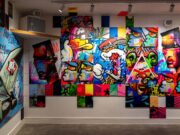
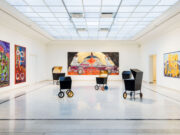
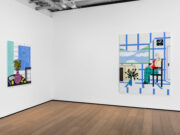
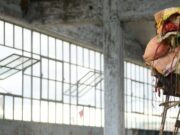
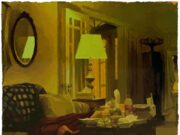
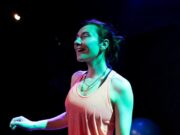
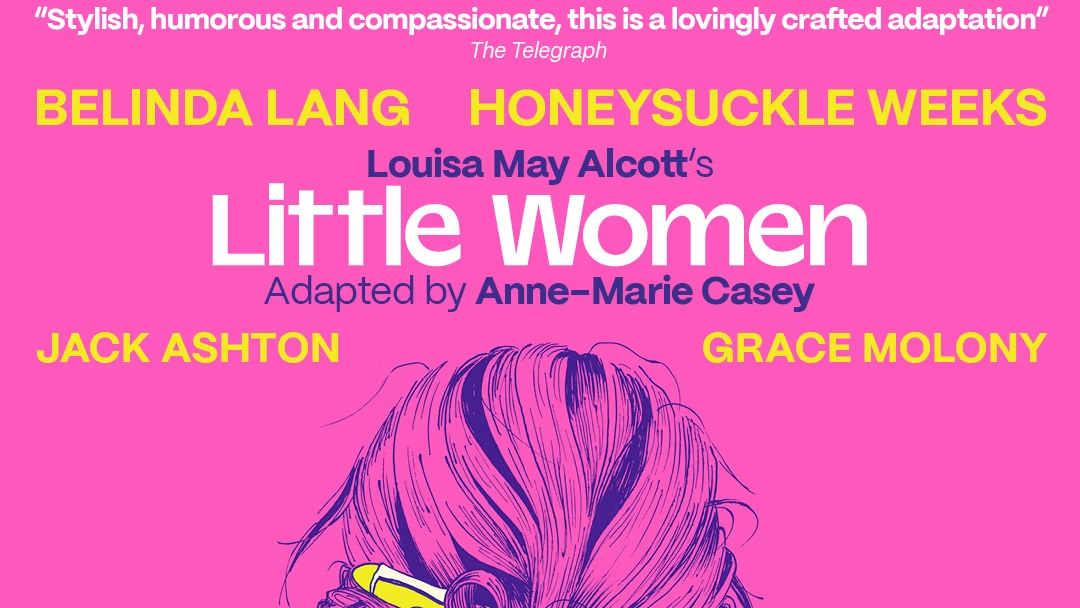
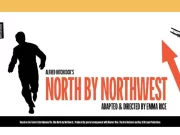
![Antigone [on strike] | Review Ali Hadji-Heshmati and Hiba Medina in Antigone [on strike] at Park Theatre, London. Photo: Nir Segal](https://theartiscapegallery.com/wp-content/uploads/2025/02/Antigone-on-strike-photo-by-Nir-Segal-D1_Standard-180x135.jpg)
